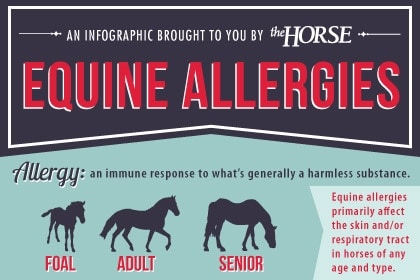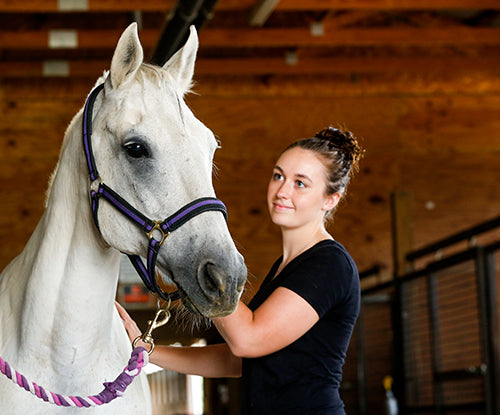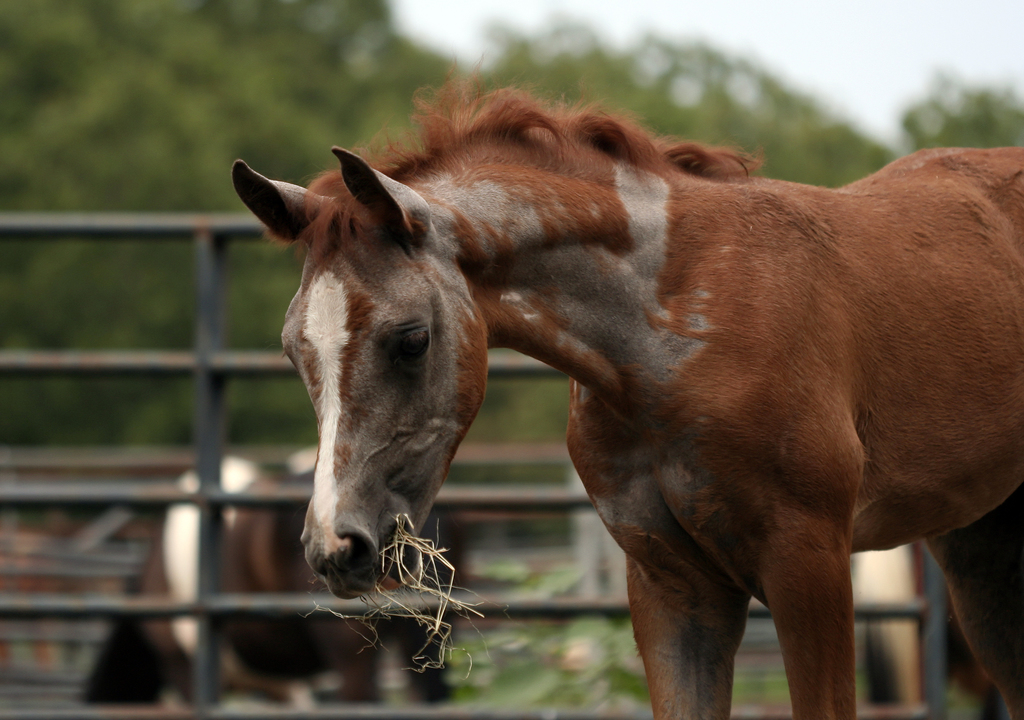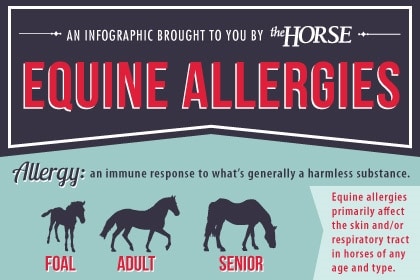If you love horseback riding but suffer from allergies, don’t worry – you’re not alone! Many riders face the challenge of dealing with allergies while enjoying their favorite activity. In this article, we will share some valuable tips to help you manage your allergies while horseback riding. Whether it’s hay fever or allergic reactions to horses, we’ve got you covered. From proper attire to medication options, these tips will ensure that you have a safe and enjoyable experience in the saddle. So saddle up, and let’s start riding without the hassle of allergies!
Tips for Horseback Riding with Allergies
Horseback riding is a thrilling and enjoyable activity, but it can be challenging for those with allergies. If you are one of those individuals who love horseback riding but suffer from allergies, fear not! With the right precautions and preparations, you can still enjoy riding while managing your allergies effectively. In this article, we will provide you with some valuable tips to help you have a comfortable and enjoyable horseback riding experience, even with allergies.
Understand Your Allergies
The first step in managing your allergies while horseback riding is to have a clear understanding of what triggers your allergies. Some common allergens include dust, pollen, dander, and horse urine. By identifying the specific allergens that affect you, you can take appropriate measures to minimize your exposure and prevent allergic reactions.
Consult with a Doctor
Before engaging in any physical activity, it is always a good idea to consult with your doctor, especially if you have allergies. An allergist can help you understand the severity of your allergies and provide you with recommended treatments or medications to have on hand while riding. They may also advise you on any specific precautions you should take to avoid triggering your allergies.

Choose the Right Horse
If you are allergic to horses, selecting the right horse to ride can make a significant difference in managing your allergies. Some breeds are considered hypoallergenic, which means they produce fewer allergens. Research hypoallergenic horse breeds and consider riding horses that are less likely to elicit an allergic reaction. Additionally, grooming the horse thoroughly before your ride can help reduce allergens such as dander and hair.
Manage Your Medications
If you have prescribed allergy medications, it is essential to take them as recommended by your doctor. Make sure to bring your medications with you every time you go horseback riding, especially if you are riding in unfamiliar locations. It’s also a good idea to inform your riding companions about your allergies and the medications you are taking, so they can be prepared in case of an emergency.

Wear Appropriate Clothing
Wearing the right clothing can help minimize your exposure to allergens while horseback riding. Opt for long-sleeved shirts, long pants, and closed-toe shoes to minimize contact between your skin and potential allergens. It is also advisable to wear a hat and sunglasses to protect yourself from pollen and dust. Consider choosing clothing made from breathable and hypoallergenic materials to reduce the risk of skin irritation.
Practice Good Hygiene
Maintaining good hygiene is crucial when you have allergies. Before and after horseback riding, make sure to wash your hands thoroughly with soap and water to remove any allergens that you may have come in contact with. Avoid touching your face, especially your eyes, nose, and mouth, as this can introduce allergens into your body and trigger an allergic reaction.

Avoid Riding in Pollen-heavy Areas
Pollen is a common allergen that can cause discomfort and allergic reactions in many individuals. If you have allergies triggered by pollen, try to avoid riding in areas with high pollen counts, especially during peak allergy seasons. Check local pollen forecasts before planning your rides and choose areas with low pollen levels whenever possible.
Consider Riding in Covered Arenas
If you have severe allergies or are particularly sensitive to allergens, riding in covered arenas can provide you with a more controlled environment. Covered arenas can shield you from outdoor allergens such as pollen, dust, and other airborne particles, reducing the risk of an allergic reaction. Look for equestrian centers or stables with covered arenas in your area and consider riding there to minimize your exposure to allergens.

Clean and Groom Your Horse Regularly
Regular grooming and cleaning of your horse are vital in managing allergies. Make sure to clean your horse’s stable regularly to minimize the accumulation of dust and other potential allergens. Additionally, brush your horse thoroughly before each ride to remove loose hair, dander, and pollen that may have collected on its coat. This will help create a more allergen-free environment and reduce the risk of triggering your allergies.
Take Breaks and Rest
It’s essential to listen to your body and take breaks when needed. Horseback riding can be physically demanding, and allergies can add an extra level of fatigue. Take frequent breaks during your ride, especially if you start to experience allergy symptoms or feel overwhelmed. Resting allows your body to rejuvenate and recover, ensuring you can continue enjoying your ride without compromising your health.
In conclusion, having allergies should not prevent you from enjoying the pleasure of horseback riding. By understanding your allergies, consulting with a doctor, choosing the right horse, managing your medications, wearing appropriate clothing, practicing good hygiene, and taking precautions, you can alleviate allergic reactions while indulging in this exhilarating activity. Remember to prioritize your health and safety at all times and have fun riding!

